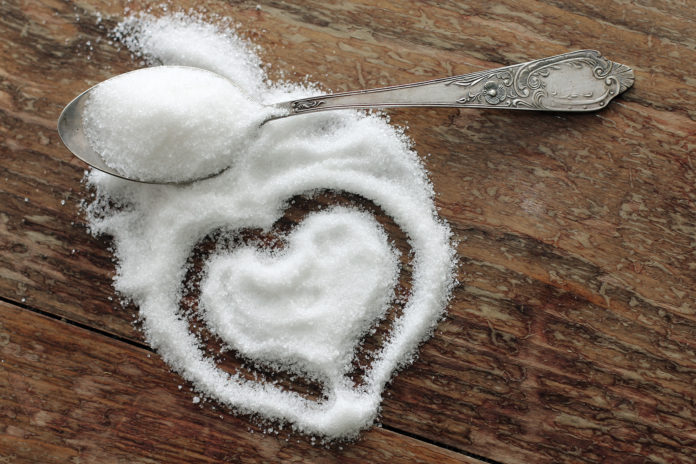Excess sugar is public health enemy #1 and as your customers seem to want to have their cake and eat it too, manufacturers are busily innovating to supply alternative sweeteners.
Part of the heightened awareness is caused by growing government pressure. The U.S. Food and Drug Administration (FDA) has adapted its food labeling rules to require that all added sugars be separated out — giving a clear signal to increasingly vigilant label-reading consumers. While industry concerns about cost prompted FDA to push back the original July 26, 2018 deadline to an as-yet undetermined date, the change is coming.
At the same time, an increasing number of cities and entire countries are introducing taxes on sugar to further push food and beverage makers to look for alternatives. The American Medical Association (AMA) weighed in at its Annual Meeting and adopted a new policy to decrease the amount of sugar Americans consume via sugar-sweetened beverages.
“Excessive sugar consumption has been linked to some of the nation’s most debilitating diseases, and limiting the consumption of sugar-sweetened beverages will go a long way toward helping people prevent the onset of these diseases, improve health outcomes and rein in health costs associated with chronic diseases,” said AMA board member William E. Kobler, MD. The AMA said its position resulted from scientific studies linking sugar-sweetened beverage consumption to afflictions such as coronary artery disease and type 2 diabetes.
“Sugar has quickly become one of the most dubious ingredients on an ingredient panel around the world,” agrees Lauren Williams, director marketing, global sweet and beverage flavors at Sensient Flavors based in Hoffman Estates, IL. “With the increasing global concern over health issues associated with poor diets, now more than ever consumers are steering away from sugar.”
According to a Mintel report issued in June 2017, more than 40% of consumers avoid artificial sweeteners when purchasing healthy food, while 18% of Millennials agree that natural non-nutritive sweeteners are bad for your health (1). That same study discussed at the recent IFT 17 conference in Las Vegas reported 26% of U.S. consumers would like to see more food and beverages using naturally sourced sugar substitutes.
Latest Blogs
All Blog PostsSweet Talk In Your Inbox
Sign up for our monthly newsletter!












